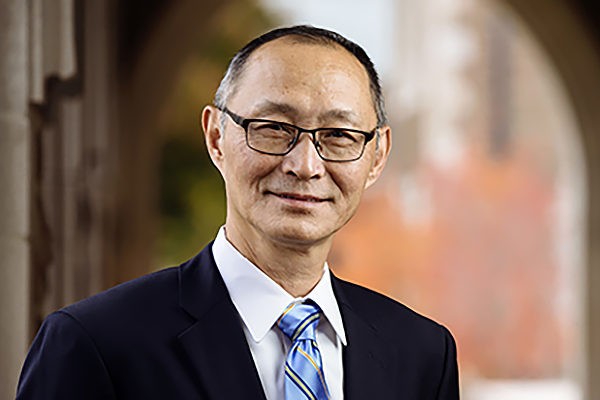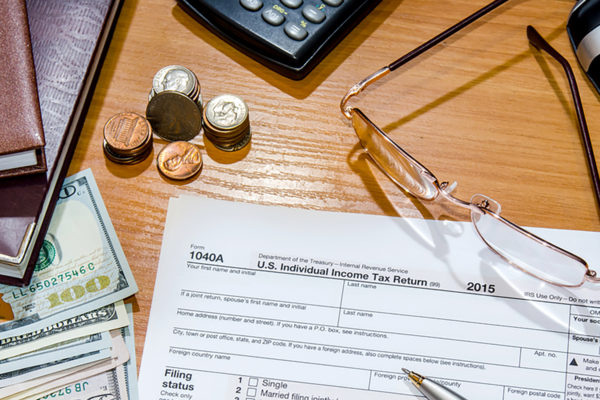Eggs significantly increase growth in young children
Eggs significantly increased growth and reduced stunting by 47 percent in young children, finds a new study from a leading expert on child nutrition at the Brown School at Washington University in St. Louis. This was a much greater effect than had been shown in previous studies.
WashU Expert: Trump’s withdrawal from Paris Agreement a play to his base
President Donald Trump has made the decision to pull the U.S. out of the 2015 Paris climate agreement, a move that that cannot be justified on the stated grounds for withdrawal, says an expert in environmental law at Washington University in St. Louis.
WashU Expert: Liberals who celebrate ruling on N.C. districts may not cheer for long
The U.S. Supreme Court this week struck down North Carolina’s federal House district boundaries as unconstitutional, finding the lines were drawn based on race. However, Democrats and liberals who welcomed the decision may not be cheering for long, said a constitutional law and Supreme Court expert at Washington University in St. Louis.
Civil unrest in Ferguson from the eyes of older citizens
A new study by Nancy Morrow-Howell, a leading gerontologist at the Brown School, shows that issues related to safety were of highest concern to Ferguson’s older citizens following the social unrest that gripped the city in August, 2014.
Uninsured breast cancer patients more likely to die
Uninsured women with breast cancer were nearly 2.6 times more likely to have a late stage diagnosis than cancer patients who were insured, finds a new study from Kimberly Johnson, associate professor at the Brown School.
Guo named Yangtze River Scholar
Shenyang Guo, the Frank J. Bruno Distinguished Professor of Social Work Research at the Brown School and assistant vice chancellor for international affairs – Greater China, has been named a Yangtze River Scholar by the Ministry of Education of the People’s Republic of China.
Oyama receives Gates Cambridge Scholarship
Undergraduate Sakura Oyama received a 2017 Gates Cambridge Scholarship to pursue graduate studies at the University of Cambridge in England. Oyama is preparing to graduate this month with a degree in biology and in anthropology, with a concentration in global health and the environment, from Arts & Sciences at Washington University in St. Louis.
Smart decarceration can help shrink sprawling American prison system
New guideposts developed by Carrie Pettus-Davis of the Brown School suggest that smart decarceration may be the answer to reforming America’s prison system, reducing the number of inmates and enabling a more effective approach to public safety.
Cao and Hsu share Spector Prize
Lily Cao and Jennifer Hsu share this year’s Spector Prize, awarded annually to a graduating senior in memory of Marion Smith Spector, a 1938 graduate who studied zoology under the late Viktor Hamburger.
WashU Expert: Explaining the Trump tax proposal
President Trump has revealed his proposed tax plan, which involves, among other things, cutting the corporate tax rate and reducing tax brackets to three, down from seven. What do the proposed changes mean? Adam Rosenzweig, professor of law and tax law expert, explains.
View More Stories









